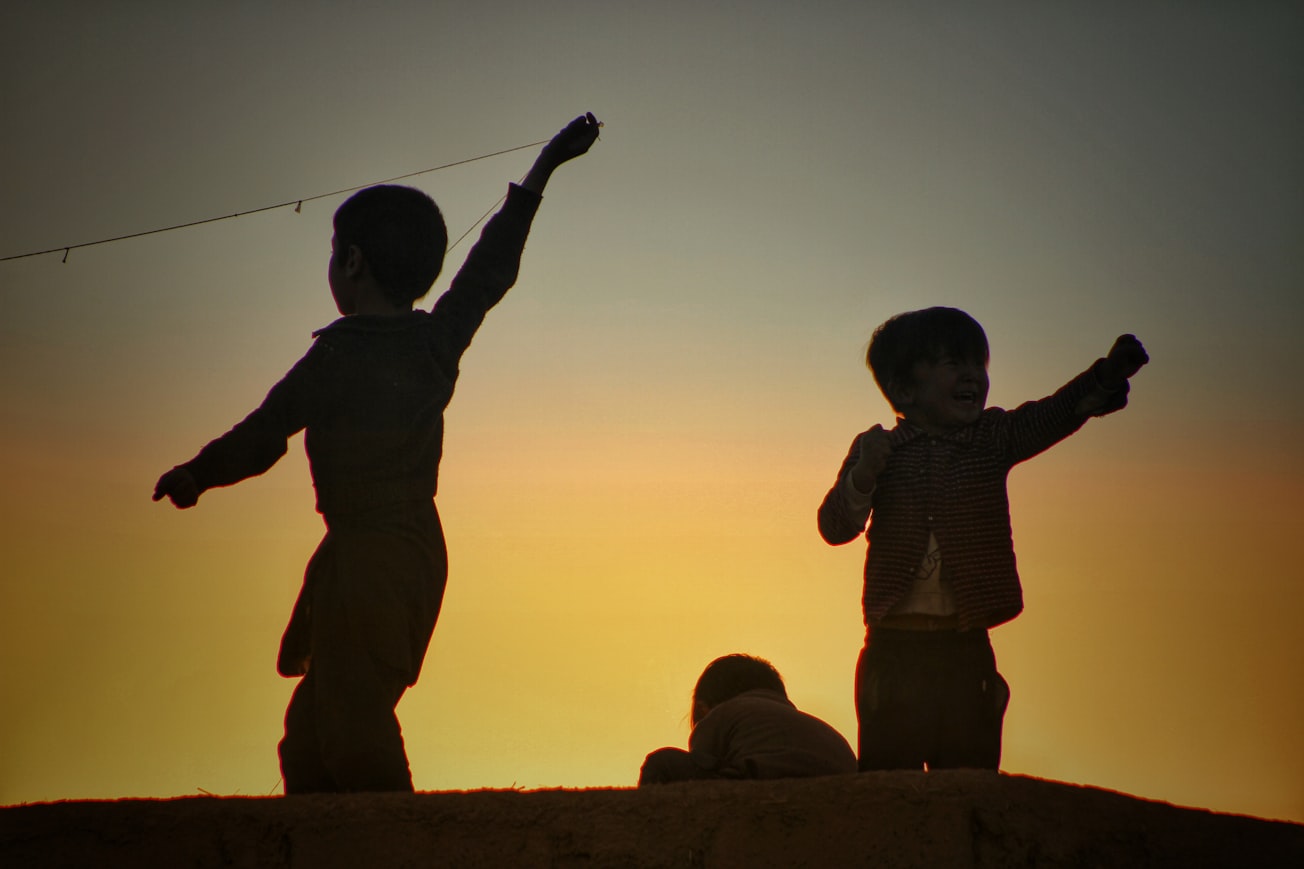What is it about?
This paper examines the failure to hold perpetrators of bacha baza (the sexual abuse and exploitation of young boys) accountable in Afghanistan after the fall of the Taliban in 2001. We suggest that greater involvement of gender advisors in security sector reform missions combined with clear reporting procedures could contribute to closing the gap in local capacity to address child sexual abuse and exploitation.
Featured Image

Photo by Farid Ershad on Unsplash
Why is it important?
The practice of bacha bazi involves the exploitation, enslavement, and rape of young Afghan boys by men in positions of power. Boys who become victims of bacha bazi are often destitute and orphaned, some boys are sold by their extremely poor families or are lured with the promise of employment. The practice of bacha bazi flourished after the end of Taliban rule in 2001, with private security contractors engaged in security sector reform in Afghanistan even reportedly hiring boys for entertainment and members of international forces being invited to parties.
Perspectives
In Afghanistan, international actors too quickly abandoned international standards of child protection and children’s human rights and decided to ignore child victims of bacha bazi, dismissing the practice as a cultural difference in order to preserve relationships with Afghan National Defense and Security Forces. The silence of international actors towards child abuse practices permitted the sexual abuse and exploitation of boys in Afghanistan to continue with impunity. In taking strong, ethical and transparent leadership on child protection within future mission mandates, the international community can uphold its responsibility to protect the most vulnerable.
Stacey Henderson
Flinders University
Incorporating Gender, Peace & Security into the greater Human Security analysis assists the protection of all vulnerable groups across the gender spectrum.
Leonie Muller
Deakin University
Read the Original
This page is a summary of: Afghanistan’s Forgotten Boys: Legal Pluralism and Impunity, Global Responsibility to Protect, August 2022, Brill,
DOI: 10.1163/1875984x-14030003.
You can read the full text:
Contributors
The following have contributed to this page










